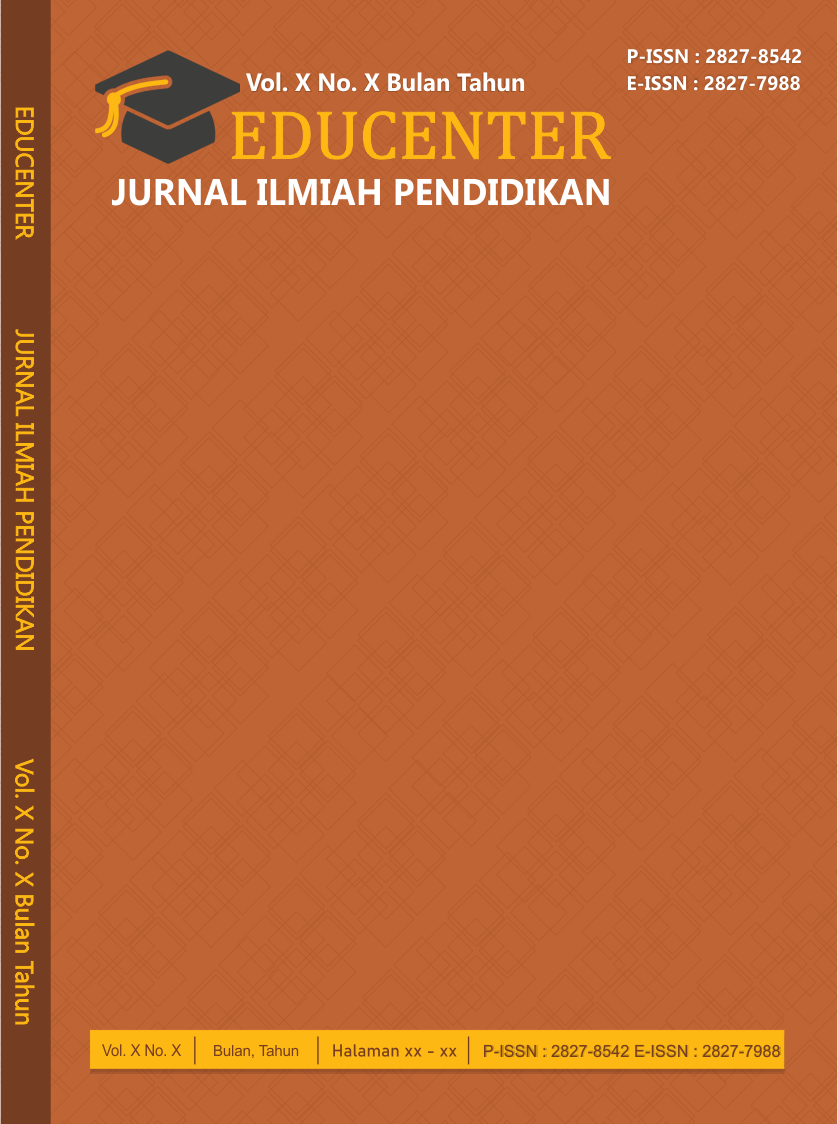Exercise joy, social support, practice commitment, and athletic efficacy in young basketball players
Main Article Content
Abstract
This study aims to examine the influence of enjoyment in sports and social support on training commitment, as well as the direct and indirect effects of these two variables on athletic self-efficacy through training commitment in young basketball players. The method used in this study is quantitative research, which aims to test certain theories by analyzing the relationship between variables. This research is secondary and adopts the Internet Mediated Research (IMR) method through Google Form, which resulted in 413 research samples. The results of the study indicate that there is a direct effect of enjoyment in sports on social support in young basketball athletes. In addition, the results of the study also show direct and indirect effects of enjoyment in sports through social support on training commitment in young basketball athletes. Furthermore, this study revealed that there are direct and indirect effects of enjoyment in sports and social support on athletic self-efficacy through training commitment in young basketball players. The conclusion of this study is that enjoyment in sports and social support play an important role in increasing training commitment and athletic self-efficacy, which in turn can support the development of young basketball players.
Article Details
Section

This work is licensed under a Creative Commons Attribution-NonCommercial 4.0 International License.
How to Cite
References
Akbar, R., Sukmawati, U. S., & Katsirin, K. (2023). Analisis Data Penelitian Kuantitatif: Pengujian Hipotesis Asosiatif Korelasi. Jurnal Pelita Nusantara, 1(3), 430–448. https://doi.org/10.59996/jurnalpelitanusantara.v1i3.350
Ferrara, F., Izzo, R., Ceciliani, A., & Di Tore, A. P. (2019). Pilot study on the testing of Power Glove applied to volleyball.
Ginis, K. A. M. (2025). Physical activity and quality of life/subjective well-being in people with disabilities: A look backwards and a way forwards. Psychology of Sport and Exercise, 80, 102916. https://doi.org/10.1016/j.psychsport.2025.102916
Golaszewski, N. M., & Bartholomew, J. B. (2019). The development of the physical activity and social support scale. Journal of Sport and Exercise Psychology, 41(4), 215–229. https://doi.org/10.1123/jsep.2018-0234
Hodge, K., Chow, G. M., Luzzeri, M., Scanlan, T., & Scanlan, L. (2023). Commitment in sport: Motivational climate, need satisfaction/thwarting and behavioural outcomes. Asian Journal of Sport and Exercise Psychology, 3(2), 121–129. https://doi.org/10.1016/j.ajsep.2023.03.004
Lutz, C. (2022). An exploration into pre-game speeches and their influence on psychological and performance outcomes in basketball. University of Essex.
Marinho, D. A., Sousa, M. do S. C. de, Ferraz, R., & Neiva, H. P. (2024). Coaches’ role in youth sports performance: early specialization versus long-term development. In Frontiers in Physiology (Vol. 15, p. 1370588). Frontiers Media SA. https://doi.org/10.3389/fphys.2024.1370588
Martínez-Alvarado, J. R., Aguiar Palacios, L. H., Chávez-Flores, Y. V., Berengüí, R., Asadi-González, A. A., & Magallanes Rodriguez, A. G. (2021). Burnout, positivity and passion in young Mexican athletes: The mediating effect of social support. International Journal of Environmental Research and Public Health, 18(4), 1757. https://doi.org/10.3390/ijerph18041757
Mertens, W., & Recker, J. (2020). New guidelines for null hypothesis significance testing in hypothetico-deductive IS research. Journal of the Association for Information Systems, 21(4), 1.
Nima, L. (2023). Analysis of the influence of sports community on individual sports training-based on the social support theory. SHS Web of Conferences, 171, 3017. https://doi.org/10.1051/shsconf/202317103017
Niu, M., Dong, M., Shi, P., Choi, Y., & Li, N. (2025). The Relationship Between Social Support and College Students’ Physical Activity Participation in China: The Mediating Effect of Self-Efficacy. Frontiers in Psychology, 16, 1596841. https://doi.org/10.3389/fpsyg.2025.1596841
Oktadinata, A., Prabowo, B., Daya, W., Diana, F., Nugraha, U., Melinda, M., & Ockta, Y. (2024). Motivation And Physical Activity: Correlation Study on Extracurricular Sports of High School Students. Journal of Education, Teaching and Learning, 9(1), 35–39.
Otte, F. W., Davids, K., Millar, S.-K., & Klatt, S. (2020). When and how to provide feedback and instructions to athletes?—How sport psychology and pedagogy insights can improve coaching interventions to enhance self-regulation in training. Frontiers in Psychology, 11, 1444. https://doi.org/10.3389/fpsyg.2020.01444
Pulido, J. J., Sánchez-Oliva, D., Sánchez-Miguel, P. A., Amado, D., & García-Calvo, T. (2018). Sport commitment in young soccer players: A self-determination perspective. International Journal of Sports Science & Coaching, 13(2), 243–252. https://doi.org/10.1177/1747954118755443
Roebianto, A. (2020). The effects of student’s attitudes and self-efficacy on science achievement. Jurnal Pengukuran Psikologi Dan Pendidikan Indonesia (JP3I), 9(1), 1–10. https://doi.org/10.15408/jp3i.v9i1.14490
Shi, C., Wang, Y., Chen, J., Wang, Z., Gao, X., Fan, Y., Mao, Y., & Wang, P. (2025). Effects and mechanisms of social support on the adolescent athletes engagement. Scientific Reports, 15(1), 7018.
Tawakkal, M., Nawas, M. Z. A., & Sanusi, S. (2025). Empowering Students: Innovative Management of Extracurricular Activities for Greater Achievement. International Journal of Asian Education, 6(1), 113–126.
Železnik Mežan, L., Škof, B., Leskošek, B., & Cecić Erpič, S. (2025). Effects of cooperative learning in youth athletics’ motivational climate, peer relationships and self-concept. Physical Education and Sport Pedagogy, 30(4), 444–461. https://doi.org/10.1080/17408989.2023.2232814

